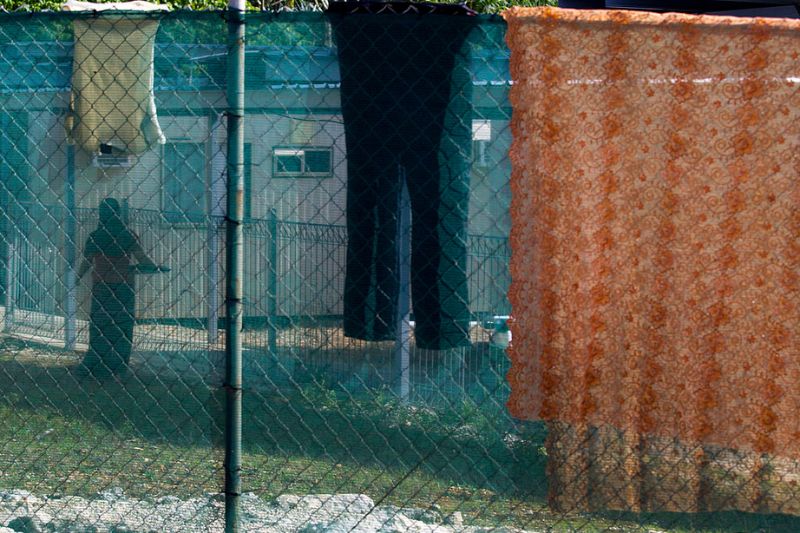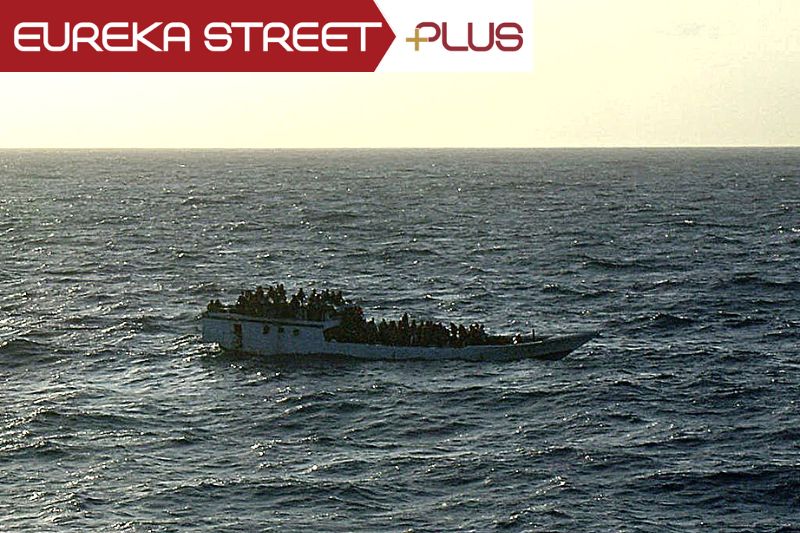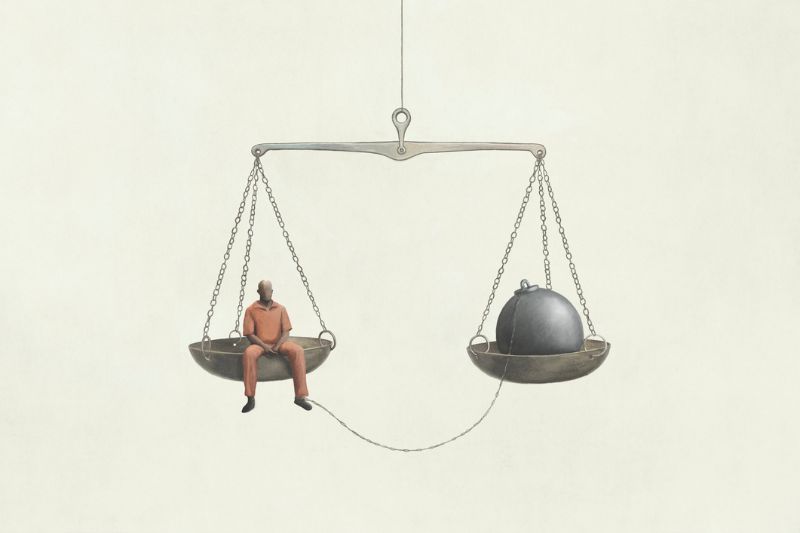Keywords: Immigration Policy
There are more than 24 results, only the first 24 are displayed here.
Become a subscriber for more search results.
-

AUSTRALIA
- Kerry Murphy
- 05 July 2024
There is no doubt that laws for determining refugee status and onshore protection are complex. The cases of NZYQ and ASF17 demonstrate that when laws regarding asylum and protection intersect with laws regarding character and protection of the community, the results can be extremely messy.
READ MORE 
-

AUSTRALIA
- Frank Brennan
- 13 May 2024
2 Comments
The Albanese government’s refugee and asylum policy is in a mess. When Minister Giles introduced his Migration Amendment Bill, they bypassed typical parliamentary procedures, wanting to be seen as tougher than Peter Dutton in getting unvisaed non-citizens out of the country. It’s time for the government to return to due process in this whole field.
READ MORE
-

AUSTRALIA
- Peter Mares
- 12 April 2024
1 Comment
The ABC’s recent Q+A housing special left many questions unasked and unanswered. Labor, Coalition and Green MPs all say they want more people to be able to buy their own homes. The most obvious way to achieve that would be to reduce the price of housing. Yet no politician will make that an explicit policy aim.
READ MORE 
-

AUSTRALIA
- Andrew Hamilton
- 04 April 2024
1 Comment
This week, the Federal Government quickly introduced a new policy in response to a recent High Court decision that prevents them from indefinitely detaining a small number of individuals they wish to remove from Australia.
READ MORE
-

AUSTRALIA
- Andrew Hamilton
- 22 February 2024
If the treatment of persons is unethical, it will inevitably lead to ethical corruption in the people and the institutions involved in administering it. It is almost impossible to participate in a policy based on such unethical premises without being complicit in it. If we do, we become blinded to what we owe one another by virtue of being human.
READ MORE
-

AUSTRALIA
- Holly Lawford-Smith
- 02 February 2024
1 Comment
How can we make progress on the question of whether debate can do harm, and if it can, whether that’s a sufficient reason to suppress particular debates? Or should we adopt a ‘no debate!’ approach to particular topics ourselves?
READ MORE 
-

AUSTRALIA
- Kerry Murphy
- 04 January 2024
Throughout recent decades of Australian history, the stance every government has taken on asylum seekers has reflected the shifting political landscapes and challenging humanitarian issues that have continually shaped Australia's response to those seeking refuge.
READ MORE 
-

INTERNATIONAL
- Philip Mendes
- 04 December 2023
2 Comments
For over 40 years, I have supported a two-state solution to the Israeli-Palestinian conflict. That term means two states for two peoples. Such an outcome can only come about as the result of peaceful negotiations that advance compromise and moderation on both sides.
READ MORE 
-

AUSTRALIA
- Andrew Hamilton
- 30 November 2023
8 Comments
Any legislation hastily designed to negate the effect of the High Court decisions will be vulnerable again to be struck down on judicial appeal. That haste suggests an initial disregard for human rights and the rule of law by Governments and an ingrained resistance to any limitation of its power. Vindictive laws come at a heavy cost to the integrity and reputation of the lawmakers.
READ MORE
-

ARTS AND CULTURE
- Andrew Hamilton
- 25 August 2023
1 Comment
Failed Ambitions offers a complex exploration into the history of institutions for individuals with mental illnesses and intellectual disabilities. The book addresses the evolution of attitudes towards these communities, highlighting ongoing struggles with public stigma, systemic neglect, and the importance of giving voice to marginalised individuals.
READ MORE 
-

AUSTRALIA
- Kerry Murphy
- 28 July 2023
How has Australia's asylum seeker policy changed over the past thirty years? The approach of every government has reflected the shifting political landscapes and challenging humanitarian issues that have continually shaped Australia's response to those seeking refuge.
READ MORE 
-

AUSTRALIA
- Melissa Halliday
- 13 July 2023
4 Comments
A Global Slavery Index report found the number of people living in modern slavery in Australia had more than doubled in the past four years. As incidents rise, so too does the nation's response, evidenced by an increase in reported cases and government funding.
READ MORE